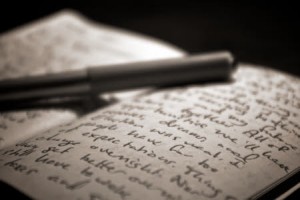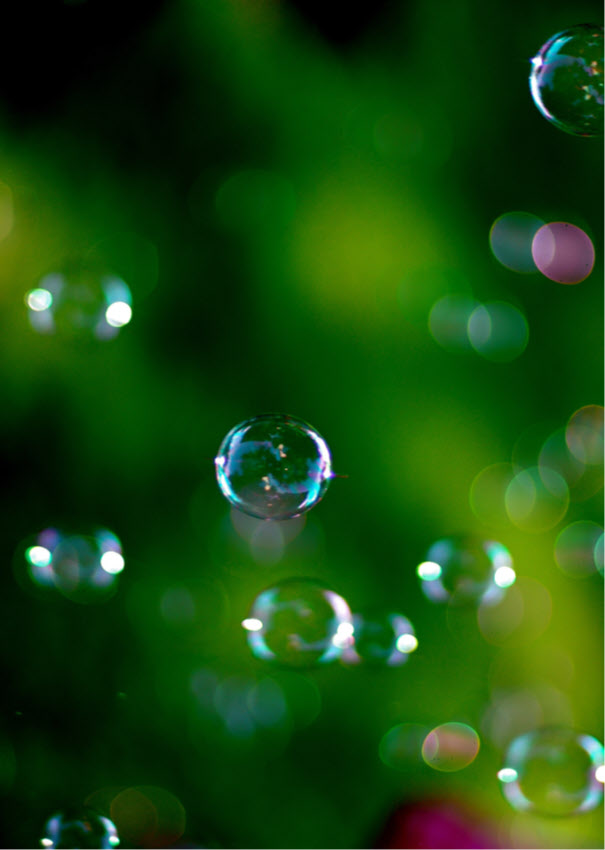by Vijayendra Mohanty
[box]Is writing magic or madness? In trying to find an answer to this question, Vijayendra Mohanty runs you through many things – when his writing is at its best, the two kinds of ideas and more. Don’t wait to read what he has to say on the art of writing! [/box]I find that I do my best writing when I have no idea what I am doing, like right now. Taking notes, making plans, and plotting prose works when you have the luxury of time. But more often than not, that is not the case. Most of the time, all I can fall back on, is spontaneity.
The fact that pieces written on-the-go (so to speak) turn out to be better than those written with premeditation is surprising, when you look at it from an outsider perspective. But it makes perfect sense when you realise that creativity is more the work of my intuition than my intellect. It springs from chaos and it happens when I least suspect it.
When I look at the end product, I sometimes wonder at its existence. Where did it come from? I did not make it. I merely sat down and wrote it down without thinking. Sure, my knowledge of language helped, but I am definitely not the one who created it.
Over the years, I have become certain that there are two kinds of ideas — the manipulated ones and the pure ones. The manipulated ones are created by working with known things and altering, juxtaposing and shifting them until they start to resemble something decent. These are market ideas. Copywriters and people in the ‘idea business’ do this all the time. The other sort are the pure ideas. These come out of nowhere and make the writer their host. The writer merely channels them through herself/himself. He is not the creator of them.
Some time ago, I came across author Alan Moore’s view of this matter. He is of the opinion that the act of writing is magic — actually, literally, magic. Magic is understood to be the art/science of altering reality with a word, gesture or some other physical act. Writing does exactly that. The writer makes something up and the reader experiences a shift in mood, mindset, or worldview as a result of reading it. This applies to all creative modes of expression of course. Dancers alter their audience’s reality with gestures and body movements, artists do it with lines and colours. It’s all, quite literally, magic (minus the special effects)!
I have come to believe that there is a place (for lack of a better word) out there where ideas “exist” independent of minds. In fact, I think minds are secondary — channeling devices and calculating machines. They are like radio sets, and ideas are the signals that make them work.
To the question of where this “place” is, I have no clear answer. But like I always do, let us fill the gaps with speculative thinking. There is a scientist called Rupert Sheldrake who has proposed the idea of ‘morphic fields’. These fields are basically information embedded in nature — information that decides the shape of the world around us. So there is a morphic field for the human form and one for the grasshopper and one for bacteria and so on.
Think of them as invisible containers into which matter falls and takes a certain shape — just like water takes the shape of the container it falls into. This is interesting because if Sheldrake is right, then information (ideas, plans etc) can exist independent of physical reality and therefore, can come to the writer as signals that he may channel.
Pretty fancy, eh? Of course, all this may be wrong and we creative people may simply be mad. A recent study found that creative people share a lot of brain chemistry with schizophrenics. Basically, the writerly quality of being able to live an imaginary life is key to what is wrong in those considered mentally unwell. Or perhaps, the unwell are merely in a high-creative state in which they actually see and hear things that most people consider imaginary. Who knows!
In fact, I have often found myself inside my own imagination. I have cried and I have shaken with anger when writing about my characters going through those emotions. Afterwards, it appeared only slightly awkward to me. I find it most difficult to write something without believing it to be true and I am sure a lot of other writers feel that way too. Losing yourself to imagination is an occupational hazard.
This is how writing has changed me. I am either a magician, or I am a madman. And I am not even sure anymore if those are two different things.
Pic : e_walk – http://www.flickr.com/photos/walker_ep/
[facebook]share[/facebook] [retweet]tweet[/retweet]






